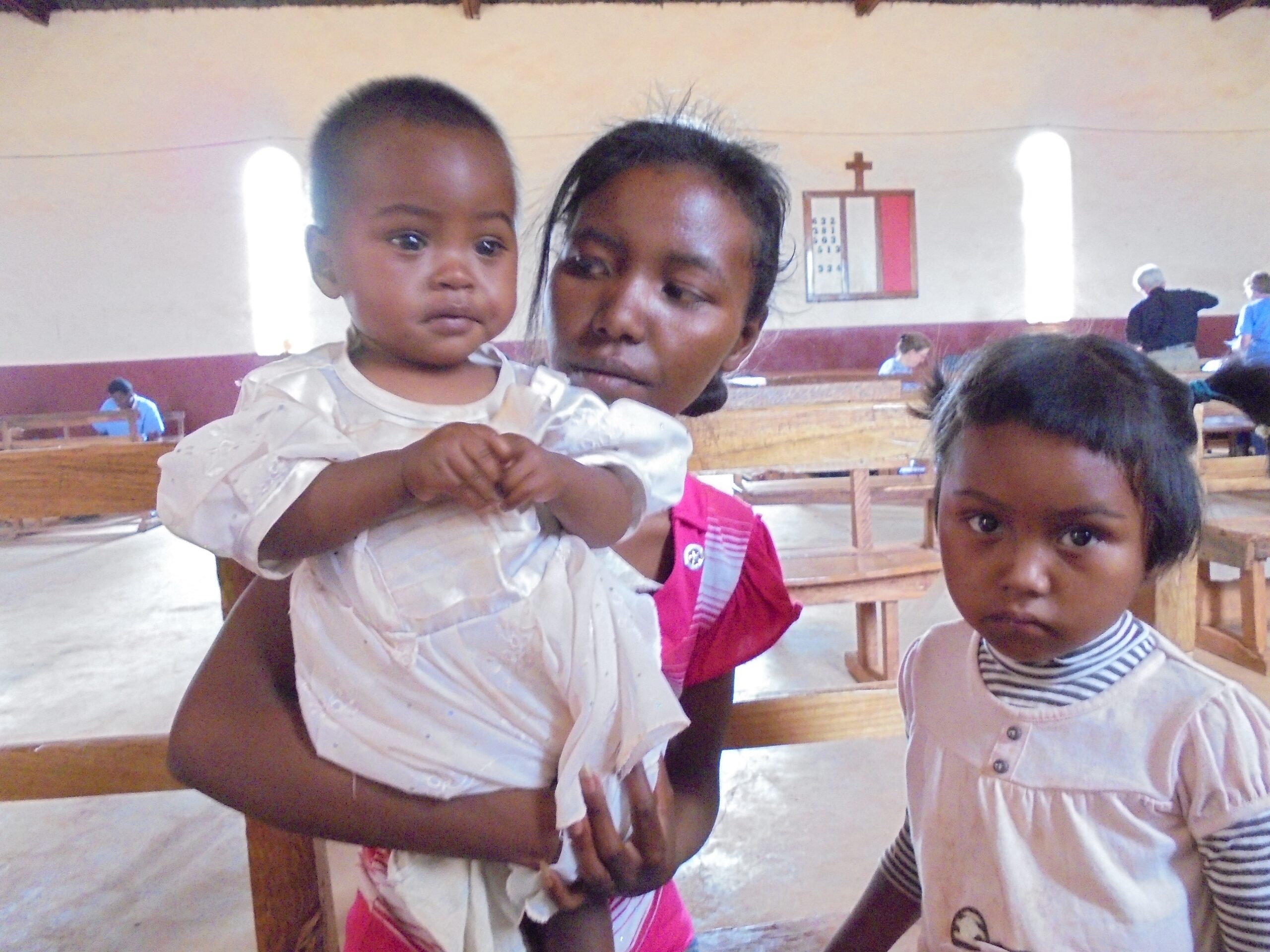MCN Healthcare staff give back in a variety of ways during the year. One of our clinical staff recently travelled to Madagascar through the Lutheran Church Missouri Synod. This group sends short term medical teams into a variety of countries to provide much needed care to rural, under-served areas. Each team is made up of 14 members from all over the US; pastors, nurses, pharmacists, and other medical and lay persons. We will be sharing her experiences with you over the next few weeks.
The Third World
A team member asked me if we were really in a third world country because we have internet and all. I assured her that Madagascar is a third world country but I want to make sure we are all clear and have the same understanding.
I have been informed that there are three levels of Malagasy. The rich (politicians or rock quarry owners), the middle class and the poor. The majority of the Malagasy are poor. The defining characteristic between the poor and the middle class is whether they have running water or not. There are many homeless and many beggars. Most of the people live in the cities but it is more expensive to live there than in the country.
The people living in shanties or wooden houses are very poor. The middle class live in larger brick and cement houses and the rich have very large and elaborate homes. Some of the roads are paved and some are not. There are potholes everywhere. Food is sold on the streets in little kiosk like shacks. Minutes for the cell phones (2G and some 3G) are sold the same way. There are grocery stores but there are no poor Malagasy shopping in them. There are restaurants but very few Malagasy go to restaurants; they cannot afford the luxury.
The river that runs through Antsirabe is used for brick making, washing clothes, people, vehicles, animals, drinking, and cooking. There are very few washing machines. Laundry is done in the river or a container that holds water. Showers are not common. Most toilets are outhouses. that there are r homeland and the people. She is open and shares her vast knowledge.ay. There are grocery s
One of our translators, Eleonore, lives 30 minutes outside of the city. She does not have internet and drives into Antsirabe to have access. She has a cell phone and the culture around cell phones is very interesting. Her house does not have running water. She has a well with a hand pump. To bathe, she heats up the water and then washes in the bathroom. She has a refrigerator, cooks on coals in a hibachi like pot, and has a solar stove that she uses for baking.
Eleonore is a high school teacher. She is elegant, articulate, smart, caring, inquisitive, pragmatic, and so much fun. I enjoy Eleonore’s company very much. She has a great deal of love for her homeland and the people. She is open and shares her vast knowledge.
Dr. Harison and Domoina host us in Madagascar. Dr. Harison is the Director of the Lutheran Hospital here in Antsirabe. We have intermittent internet, three meals a day (consisting of meat, fruit and or vegetable, rice, French fries, and noodles or bread), running water, a shower, a flush toilet, and a refrigerator. We are very well taken care of here and one of the goals is to keep us healthy so that we can provide care at the clinics.
Third world countries suffer from high infant mortality, low economic development, high levels of poverty, low utilization of natural resources, and heavy dependence on industrialized nations. Yes, Madagascar is a third world country and with that being said, I have been truly blessed and my life enriched by coming to Madagascar and meeting and working with the people here. I cannot wait for my next trip here.

MCN HEALTHCARE
Regulatory Compliance Solutions for Healthcare Organizations,
Including Policy Management Software, Policy Library Templates,
StayAlert! – Regulatory Alert System, and Learning Management System
